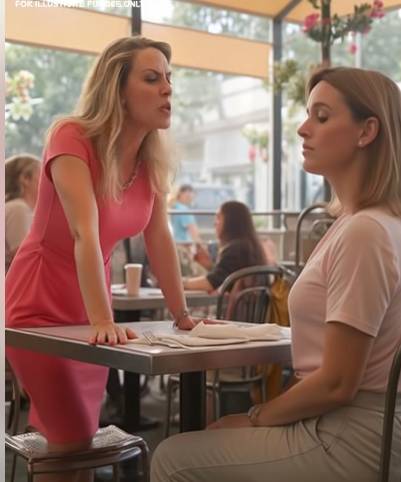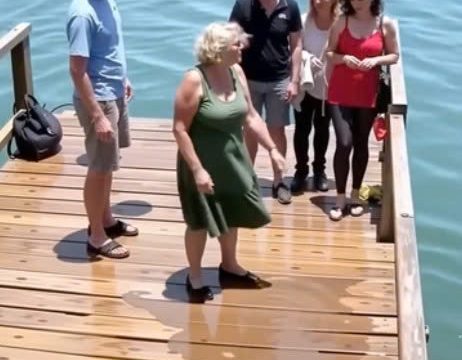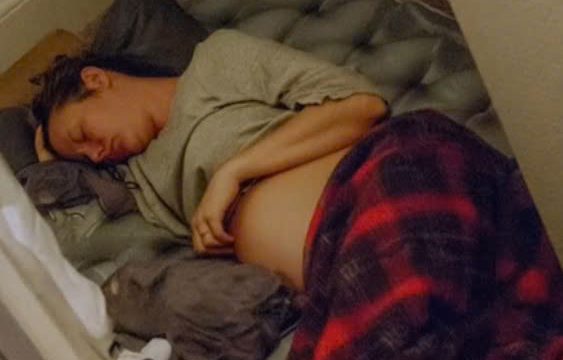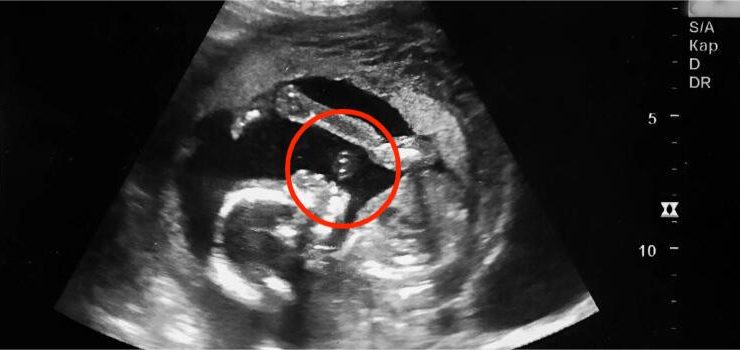I’m hard of hearing, and my best friend Riley is completely deaf. We’ve been inseparable since high school, speaking fluently through sign language, a language that’s as natural to us as breathing. That Tuesday afternoon, like so many before, I walked into Hazelwood Café, greeted by the familiar smell of espresso and warm pastries.

The moment I saw Riley sitting at our usual spot, her curls bouncing as she laughed at something on her phone, I felt like everything was in place. I signed a quick apology for being late, blaming traffic, and she teased me with mock offense about avoiding her latest failed sourdough experiment. Our hands moved rapidly, fingers flying as we caught up, giggling and sharing stories like we always do. It was a rhythm we’d perfected over the years—a language of friendship, of comfort. That’s when I noticed a little boy nearby watching us with wide eyes and a shy smile. He couldn’t have been older than seven, and he seemed fascinated by our conversation. When I waved, he wiggled his fingers in return, trying to mimic our signs. Riley smiled, charmed by his curiosity.
But then his mother, who had been glued to her phone, suddenly looked up and snapped at him. She yanked his hands down and told him sharply, “Stop that. We don’t do that. It’s rude.” I felt my chest tighten. We’ve faced curious stares before, even awkward questions. But outright disdain? That never gets easier. She kept glancing our way with visible disgust, like our conversation was a personal offense to her. A few minutes later, she stormed over to our table, dragging her son behind her, and with gritted teeth told us to stop “all that gesturing.” I asked, trying to stay calm, if she meant sign language. She waved her hand dismissively and told us it was distracting, that her son was trying to eat lunch and didn’t need to see “grown women flailing their arms around.” Riley looked down, her fingers still. I felt a flush of anger rising, but I responded firmly, explaining that this is how we communicate.
She rolled her eyes, accusing us of being dramatic, saying society is falling apart because everyone wants to be special and that we should take it somewhere more “private.” Her son tugged her sleeve and whispered, “Mom, stop. They weren’t doing anything wrong.” But she ignored him, ranting about how we were setting a bad example. I reminded her that sign language is a recognized, legitimate language used by millions around the world. She wasn’t interested. Just when it felt like the room couldn’t get more tense, James, a waiter we knew well, approached our table. With a calm but firm tone, he asked if there was a problem.
The woman immediately launched into a tirade, demanding he ask us to stop. James didn’t flinch. He looked her in the eye and said, “Ma’am, I’ve been watching the whole time. The only person causing a disturbance here is you.” She was speechless. He continued, “Sign language isn’t disruptive. But shaming people for communicating certainly is.” The café went silent. Then, slowly, a ripple of applause began to spread through the room. James finished by telling her that the café welcomes everyone, but does not tolerate discrimination. Flustered and red-faced, she grabbed her son’s hand and turned to leave. But before following her, the boy stepped forward. He looked at us and signed, slowly but clearly, “I’m sorry. She’s wrong.” I felt tears welling up. Riley signed back, “Thank you. You did nothing wrong.” The boy then asked how to sign “friend,” and Riley gently showed him. He smiled and signed it before walking away. That one word stayed with me. After they left, James returned with two cookies on the house and apologized for what we’d gone through. I thanked him, moved by his support. He told us his older sister was deaf and that he understood. Riley reached across the table and took my hand, asking if I was okay. I nodded. “Because of you. And James. And that brave little boy.” As the café returned to normal, an elderly woman stopped by our table and said, “Your language is beautiful. Thank you for sharing it.” That moment—being seen and respected—meant everything. Outside, the sunlight was golden. Riley and I lingered, not quite ready to say goodbye. “Same time next week?” she signed. “Always,” I smiled. Walking to my car, I thought of Nathan, the little boy who stood up for what was right in the face of ignorance. Maybe we can’t change everyone, but we can reach one person at a time. And maybe, just maybe, those small acts grow into a world where no one is told their voice—spoken or signed—is too disruptive to be heard.





